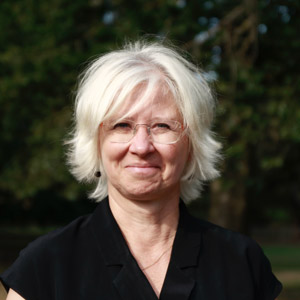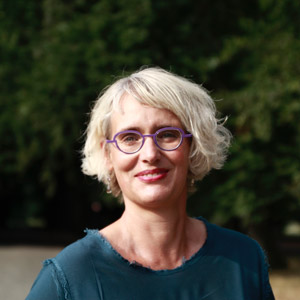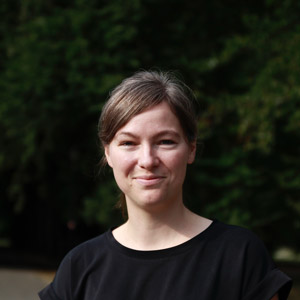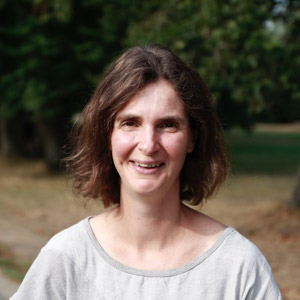ACE Europe wants to support learning processes in organizations. Whether becoming good at something, getting better at what they do or deciding to do things in a completely different way, organizations are invariably engaged in learning – often implicitly and informally.
There is a great deal of creative tension between wanting or having to do something and not knowing exactly how to go about it. We want to work with this tension and develop and co-create new pathways of change.
We do so by our specific way of working and based on our knowledge of collective learning and capacity building processes.. We structure and systematize the learning process, proceed in a participatory and interactive manner, and support the learning and change processes.
Our enthusiasm for learning takes centre stage in everything we do, from training groups to assessing programmes or coaching organizations.
To that end, we work together with others, because cooperation enables us and our client to learn better and faster.. Furthermore, we want to share what we learn, integrate it in our approach and put it to practice.

I have been a consultant with ACE Europe since 1996 and co-manager since 2007. I graduated as a historian from K.U.Leuven in 1991 and started my career as a researcher in the field of the history of psychiatry. After the publication of this research, I started working for ACE Europe in 1996, initially focusing on the relationship between the EU and municipalities, the European policy of municipalities and the impact of European enlargement on local governments in Central and Eastern Europe including programmes on local development in Ukraine and in Moldova.

I studied adult education and social change at the Catholic University of Leuven [KUL] and embarked on my career as a scientific assistant at the same institution. My interest in cooperation for development grew during my studies. I was driven by a feeling of injustice to endeavour for fairer North-South relations, in both a professional and a volunteer capacity, so as to give a voice to people who are excluded. I joined a literacy campaign in Mexico, worked as a volunteer for the NGO Coopibo (now Ricolto), performed a brief assignment at the VVOB [Flemish Association for Development Cooperation and Technical Assistance] and was head of development education at the NGO Fonds voor Ontwikkelingssamenwerking (FOS) [Development Cooperation Fund], where I was also responsible for gender policy. In 2000 I got the opportunity to start working for ACE Europe, which I found fascinating, as it appealed to both the “thinker” and “doer” in me. I have been the co-manager since 2007. I provide support to various stakeholders who are active in international cooperation: NGOs, social organizations and governments.

I’m trained as a linguist and political scientist, with a specific interest in the Middle East and North Africa (MENA). By studying Arabic (KULeuven) and Middle Eastern politics (SOAS, University of London), I learnt how to connect history, literature, politics and religion. Interested by a region characterised by protracted conflict but also – at the time – hopeful calls for social change, I decided to look into the role of women’s movements in pushing for democracy and social justice in the Arab World. In 2017, I obtained a PhD in Conflict and Development studies on this topic from the University of Ghent. After finishing my PhD I changed course towards more policy-oriented research. I obtained valuable experience during my traineeships at the European parliament and the Belgian Ministry of Foreign Affairs. My position as a researcher at the think tank CEPS (Centre for European Policy Studies) gave me further insights into EU foreign policy.

After a first academic career in astronomy, I felt the need to contribute more directly to some of the complex issues and inequalities that face our society. In 2016, I moved from the stars down to Earth and left academia abroad to become impact manager at a local non-profit in Antwerp. The Advanced Masters in Development Evaluation and Management at the University of Antwerp introduced me further to the world of monitoring and evaluation. In 2018 I joined University Colleges Leuven-Limburg (UCLL) as a part-time researcher to work on projects supporting non-profit, social profit and profit organisations and companies to measure, report and improve their ecological and social impact and become more sustainable. In 2020 I left the non-profit in Antwerp to become a part-time freelance consultant. Since then I have had the great fortune to collaborate frequently with ACE Europe on programme evaluations in areas such as development education & awareness, lobby & advocacy, youth and education. We have also been able to respond to an increasing demand from smaller organisations working locally within Belgium for support in setting up a framework and tools for their internal monitoring, evaluation and learning activities.
© 2026 ACE Europe